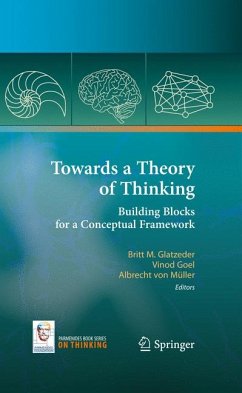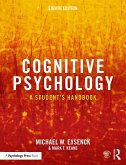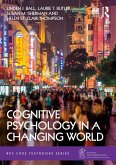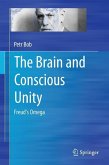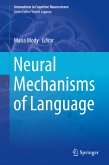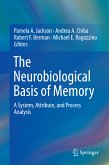The present book is the second volume of the Parmenides book series "On Thinking" dedicated to explore current approaches and contributions towards a fuller understanding of human thought processes.
It focuses on assembling building blocks for a conceptual framework that might - after several iterations - contribute to a future theory of thinking. It brings together an international group of leading scientists coming from the different fields upon which a theory of thinking must build: brain and cognitive sciences, experimental and developmental psychology, evolutionary anthropology and biology, linguistics, transcultural neuroimaging, modeling and philosophy.
Dieser Download kann aus rechtlichen Gründen nur mit Rechnungsadresse in A, B, BG, CY, CZ, D, DK, EW, E, FIN, F, GR, HR, H, IRL, I, LT, L, LR, M, NL, PL, P, R, S, SLO, SK ausgeliefert werden.

